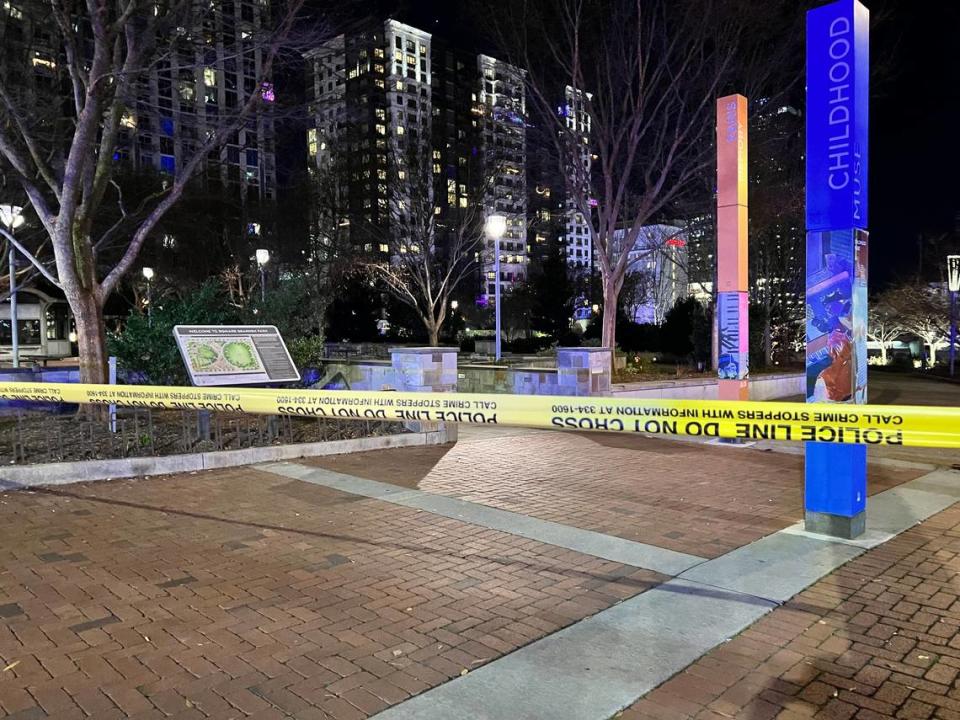What are government officials hiding from you? All kinds of things
It’s not new, and it’s not surprising, that some government officials and politicians don’t want the public to know what they’re up to. But it seems to be getting worse lately in Charlotte and in North Carolina and one can only guess what that means for you the taxpayer.
State law says most of what government does is public, but lately legislators, police, and state and local bureaucrats have been scoffing at that notion. What are they hiding?
North Carolina’s open meetings law starts by saying, because government exists “solely to conduct the people’s business, it is the public policy of North Carolina that the hearings, deliberations, and actions of these bodies be conducted openly.”
And the state’s public records law says government documents “are the property of the people. Therefore, it is the policy of this State that the people may obtain copies of their public records and public information free or at minimal cost unless otherwise specifically provided by law.”
Government exists solely to conduct the people’s business. Records are the property of the people.
Have you ever tried to get a public record from your home city or from the state? We at The Charlotte Observer try all the time, to help us tell you what’s going on with your government. Let’s just say not everyone is feeling the urgency to follow the letter or the spirit of the law.

Consider these examples:
▪ After five people were shot in uptown’s Romare Bearden Park on New Year’s Eve, Observer criminal justice reporter Ryan Oehrli asked the city for statistics on how many shootings there have been uptown each year for the past five years, and specifically in or around the park. He still hasn’t received the records.
▪ We asked for public records related to Panthers owner David Tepper’s canceled deal with the city at the old Eastland mall site. Almost two years later, we still haven’t received anything.
▪ The Observer’s Ames Alexander and Gavin Off wanted to review Department of Labor records about workplace deaths last year. Officials there said it was their policy to charge 10 cents per page. But state law says the public can come to the government office and review public records for free. It took a month of back and forth with the Observer’s lawyer before the Department of Labor followed the law and allowed us to look at the records for free.
▪ Last year, the city of Charlotte rolled out its most recent tree canopy estimate, showing that tree loss had dramatically slowed over the previous five years. Some experts were skeptical, and in November, Off asked the city for data that had already been discussed at a public city meeting a couple of days earlier. A full 99 days later, the city sent Off the records.
▪ WBTV asked the city of Charlotte for public records related to a City Council team-building survey. The city refused to provide them, and after a court fight, a judge ordered the city to pay WBTV $125,000 to cover the station’s legal fees.
It’s not just in Charlotte. In Asheville, two reporters were convicted of trespassing while covering police breaking up a protest in a city park. In Raleigh, News & Observer reporter Virginia Bridges had to fight for three years to get public records about police settlements there.
And most egregiously, N.C. legislators passed sweeping legislation last fall declaring that each individual legislator can decide whether their records are public or not. The law even lets legislators sell those records to the highest bidder.
That provision was driven by Republican leaders, but government secrecy is not a partisan issue. A John Locke Foundation survey found that more than 85 percent of respondents believed that open records laws are extremely important or very important in ensuring accountability among state legislators.
So, what to do? There’s no easy answer as long as we elect people who want to keep you in the dark or look the other way when staffers do. The first step, as is usually the case, is to become aware of the problem, then elect candidates who see that too.
In the meantime, the Observer and other news outlets that care about government transparency will keep knocking on the door.

